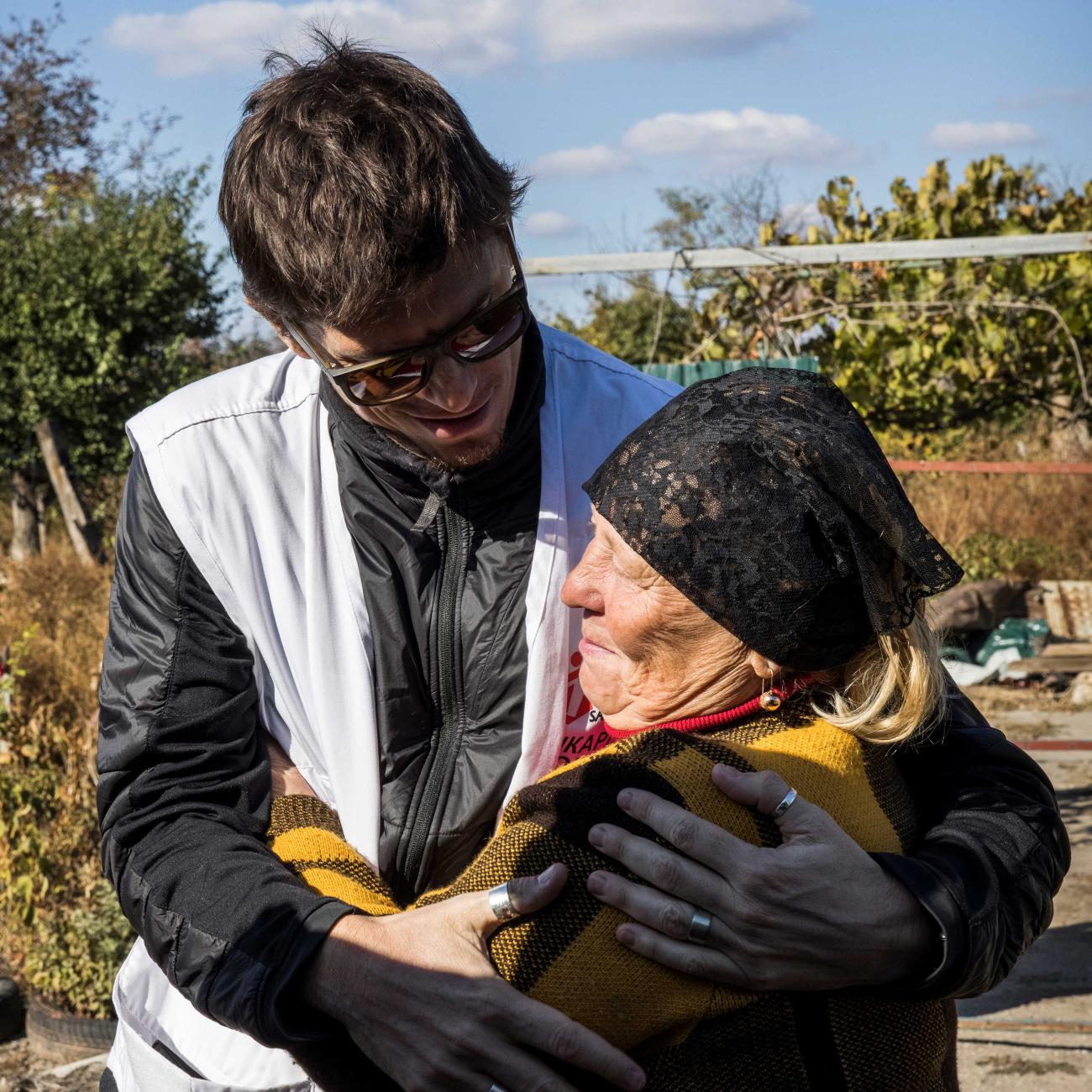Has healthier meant wealthier throughout the COVID-19 pandemic? At first glance, the evidence is not as a strong as one would expect. Countries with fewer cumulative deaths have generally suffered less severe economic consequences as measured by real GDP growth, but the relationship is loose and there are many exceptions. In some countries that have struggled mightily to contain the spread of the coronavirus —including the United States, Brazil, and Sweden—the economy has been stronger than in places such as New Zealand, Germany, Singapore, and Japan that are celebrated for containing the pandemic.
The picture changes when considering the effect of economic stimulus. Many nations have pumped billions of dollars (and in some cases, trillions of dollars) into their economies and incurred significant debt in doing so. When those stimulus payments are accounted for, the economic performances of nations that have struggled to control the spread of the coronavirus, such as the United States and Brazil, no longer look so favorable. The same is also true for public health success stories, in particular New Zealand. In general, the connection between economic growth and pandemic performance is weaker once one accounts for the contribution of stimulus.
We draw two insights from this analysis. First, a crude comparison between economic growth and mortality does not on its own resolve the debate on whether there is a trade-off for governments between economic performance and the public health measures necessary to keep their populations safe and healthy. The relationship is weak and, as previous analyses have noted, many factors influence COVID-19 death rates and economic growth. Nor do a country’s death rate and GDP growth reveal much about the underlying policy decisions made by its government about how to control the spread of the virus, save jobs, and protect vulnerable people and industries.
Good national performance did not save countries from the severe economic consequences of this pandemic
A second, more important insight emerges from this analysis: effective public health responses did not save countries from the severe economic consequences of this pandemic. This has important implications for future pandemic preparedness initiatives.
World leaders have called the coronavirus pandemic a “once-in-a-century” crisis, but that does not safeguard us for another hundred years. Outbreaks of well-known and emerging infectious diseases occur regularly and could easily evolve at any time into the next epidemic or global pandemic. Outbreaks are inevitable but—to paraphrase Larry Brilliant—pandemics are not. Preparation matters, and if governments work together, they can adopt feasible measures to prevent future outbreaks from unnecessarily morphing into the next global crisis.
Remarkably, the response to this global crisis has been almost entirely national. Little international cooperation and coordination has occurred at the Group of Seven, Group of Twenty, or the United Nations Security Council. National governments closed borders, hoarded medical supplies, and competed to develop a vaccine, a pattern that persists even after scientists have delivered highly effective ones. A handful of wealthy nations have spent billions of dollars locking up early supplies of the most promising novel coronavirus vaccines for their own use.
Yet, the early economic lessons of this pandemic suggest that political leaders going it alone do so at their nations’ peril. Governments seeking to protect themselves from pandemic threats will not find that protection, particularly economically, from building a stronger national fortress.





